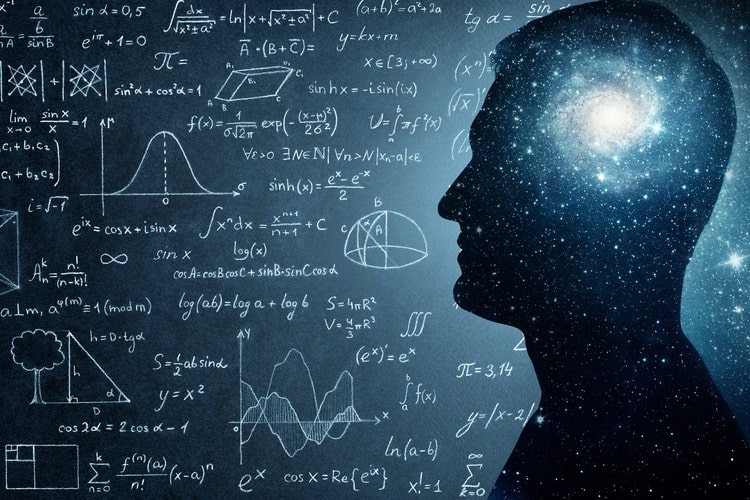
(For the audio version of this blog, please visit: http://brothersinchristcmf.org/wp-content/uploads/2022/05/Mass-Blog-for-the-5th-Sunday-of-Easter-2022.mp3)
The ancient battle between atheists and believers continues into this modern era of “information at your fingertips.” A new book titled After Disbelief purports to offer common ground to these two sides, describing God as humanity’s limitless ability to understand our world.
Author Anthony Kronman (a former dean of Yale Law School who was raised by atheists), believes in a God who can be discovered by pondering science and its limits. “[Science] strives to show why things do not merely happen in an observable sequence but could not have happened in any other way,” he says. That makes science “the experience of perpetual progress coupled with inevitable defeat.”
The eternity of this search is where his faith in the eternal comes in. For him, that’s divinity, and science is a holy pursuit. Understanding God and understanding the world are one and the same quest. But as one critic of his book observes, grace, humility, awe and spirituality are absent from this author’s description of God.
Those are found in abundance in this Sunday’s mass readings. The “inevitable defeats” that Kronman accepts are rejected by Paul and Barnabas while they spread the word of God they learned as Jesus’ disciples. As Sunday’s first reading from Acts states (Acts 14:21-27),
“They strengthened the spirits of the disciples and exhorted them to persevere in the faith, saying, ‘It is necessary for us to undergo many hardships to enter the kingdom of God.’”
The continuous revelations of science that secular humanists seek outside themselves lead them away from the God that Jesus said is among us—even within us, as some biblical scholars interpret Luke’s gospel (Luke 17:21). The revelation that has inspired faithful believers for centuries comes from John’s Book of Revelation, which relegates scientific discovery to the “old news” file (Rev 21:1-5a):
Then I, John, saw a new heaven and a new earth. The former heaven and the former earth had passed away, and the sea was no more. … I heard a loud voice from the throne saying, “Behold, God’s dwelling is with the human race. He will dwell with them and they will be his people and God himself will always be with them as their God. He will wipe every tear from their eyes, and there shall be no more death or mourning, wailing or pain, for the old order has passed away.”
Then John’s gospel again quotes Jesus directly, telling us to stop looking for him among the things that constitute the old order—the material things visible only to the human eye and science’s microscopes and telescopes (Jn 13:31-33a, 34-35):
“I give you a new commandment: love one another. As I have loved you, so you also should love one another. This is how all will know that you are my disciples, if you have love for one another.”
Why do disbelievers like to make God so obscure?
–Tom Andel